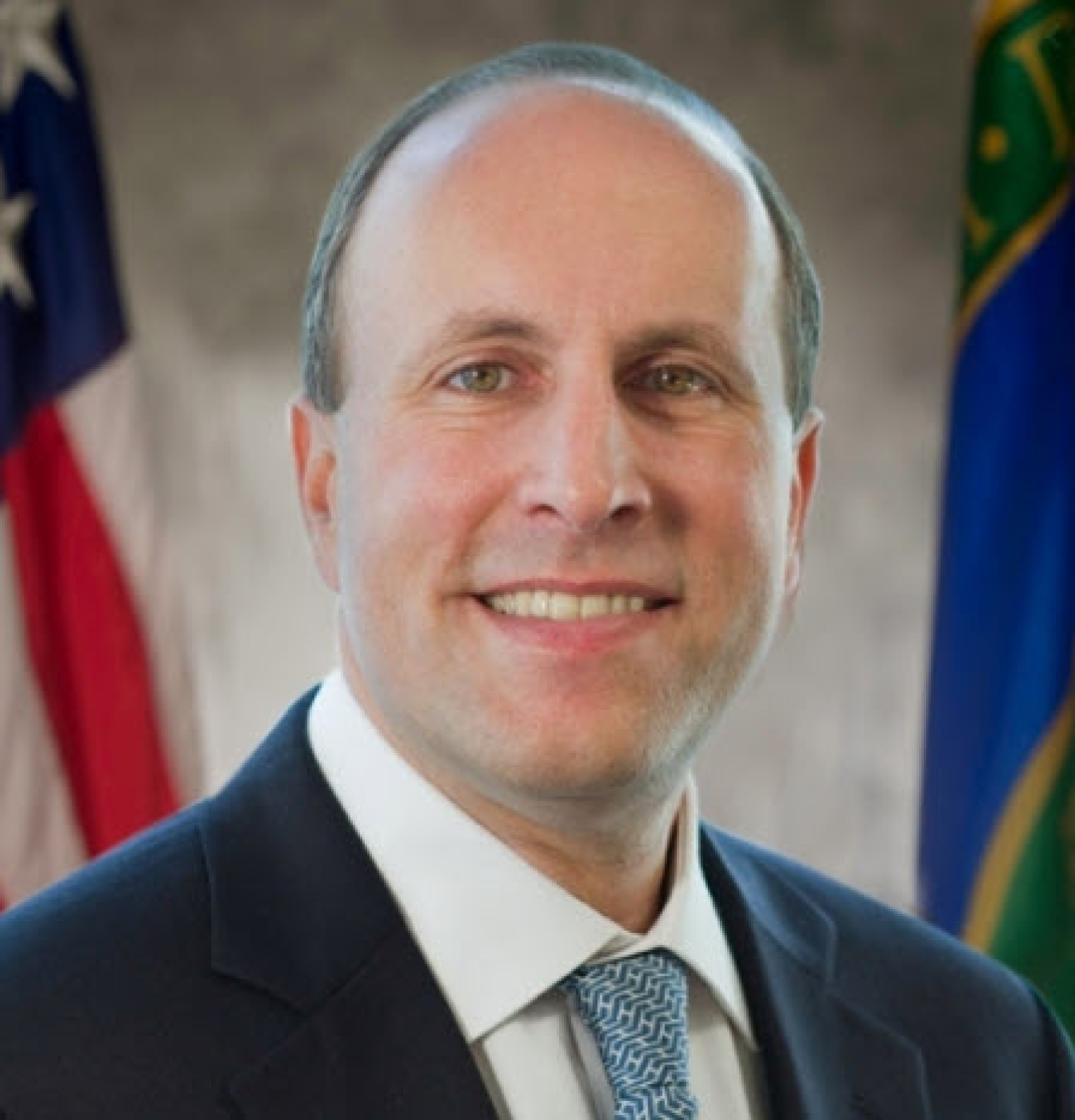EM is undergoing a culture change that has resulted in significant achievements over the past several years.
Office of Environmental Management
September 22, 2020WASHINGTON, D.C. – EM is undergoing a culture change that has resulted in significant achievements over the past several years, and the promise of continued successes ahead, Under Secretary for Science Paul Dabbar told the audience at the National Cleanup Workshop.
DOE and program managers have set a higher bar that “not only should we be accomplishing what we are supposed to be getting done, but doing it well,” he said.
Now, he said, EM is reaping the rewards.
Results have included major accomplishments across the complex, including startup of the Salt Waste Processing Facility at the Savannah River Site, major progress toward initiation of the Direct-Feed Low-Activity Waste process to treat liquid waste at the Hanford Site, and cleanup completed ahead of schedule and with savings of $500 million at the East Tennessee Technology Park in Oak Ridge.
EM also has successfully implemented policy initiatives, such as transitioning a number of major contracts to a model that emphasizes getting projects to end states faster and efficiently while maintaining safety, and its interpretation of “high level radioactive waste” that could enable long-stored liquid waste to be dispositioned more effectively.
“We got here because of a lot of partnerships, because of a lot of visibility and transparency, not pointing fingers but holding people accountable and having the right bar,” Dabbar said. The recipe includes senior DOE and EM officials, as well as senior contractor managers at sites and corporate headquarters, committing to work together to identify, analyze, and overcome thorny challenges.
“That cultural change is beginning to happen,” Dabbar said. “If the standard we are setting should be that we can work together, that we are doing the proper contract management and doing the project planning, on a regular basis we should and we can deliver projects on time and on schedule.”

Dabbar said EM has positioned itself in what he has called the “virtuous circle,” where successes build confidence among stakeholders and Congress, which in turn leads to increases in resources that enable EM to build upon its progress. Dabbar said officials from the Office of Management and Budget have approached DOE to discuss what’s going right in the EM program and how other areas of government can learn from it.
The challenge now, he said, is to maintain momentum.
“It’s great we have success, but the virtuous circle means that we need to continue every single day, and every single day means every single project,” he said. “You can’t rest on the laurels of what just happened.”
Dabbar said EM has earned “hard-won optimism.”
“There is a long history of this program, of challenges we have run into,” he said. “For us to have achieved what we have achieved over the last 12 to 24 months, from my point of view, is truly amazing. If we are setting the right standard, we have not only what we have just achieved, but a wall of successes we see coming in front of us.”

